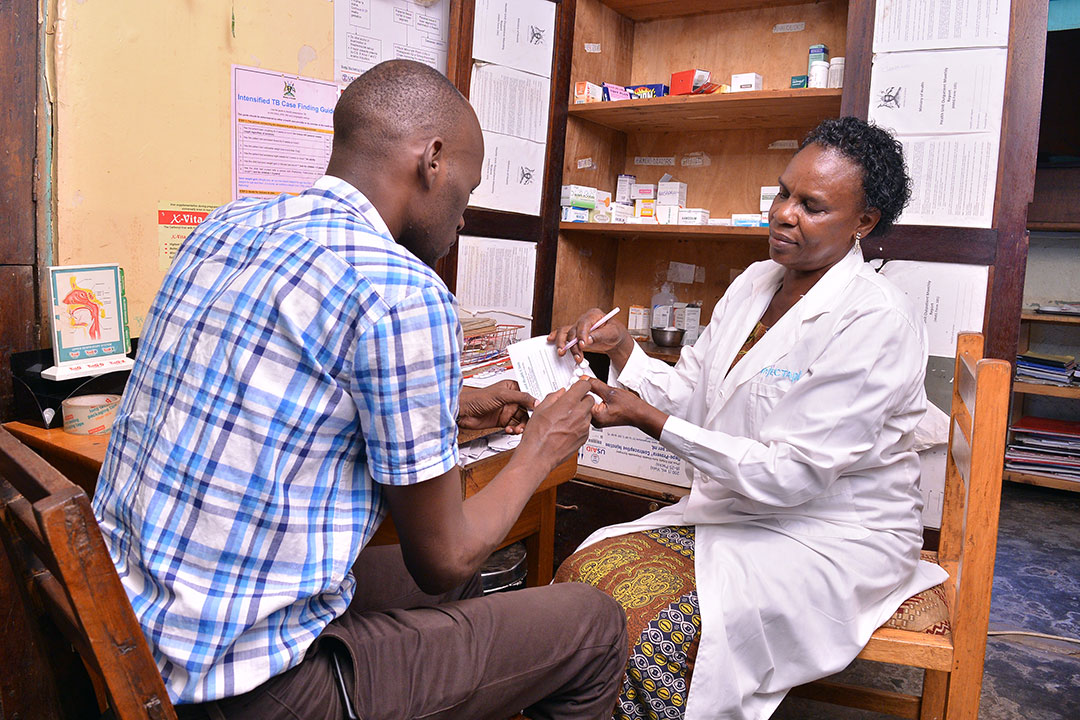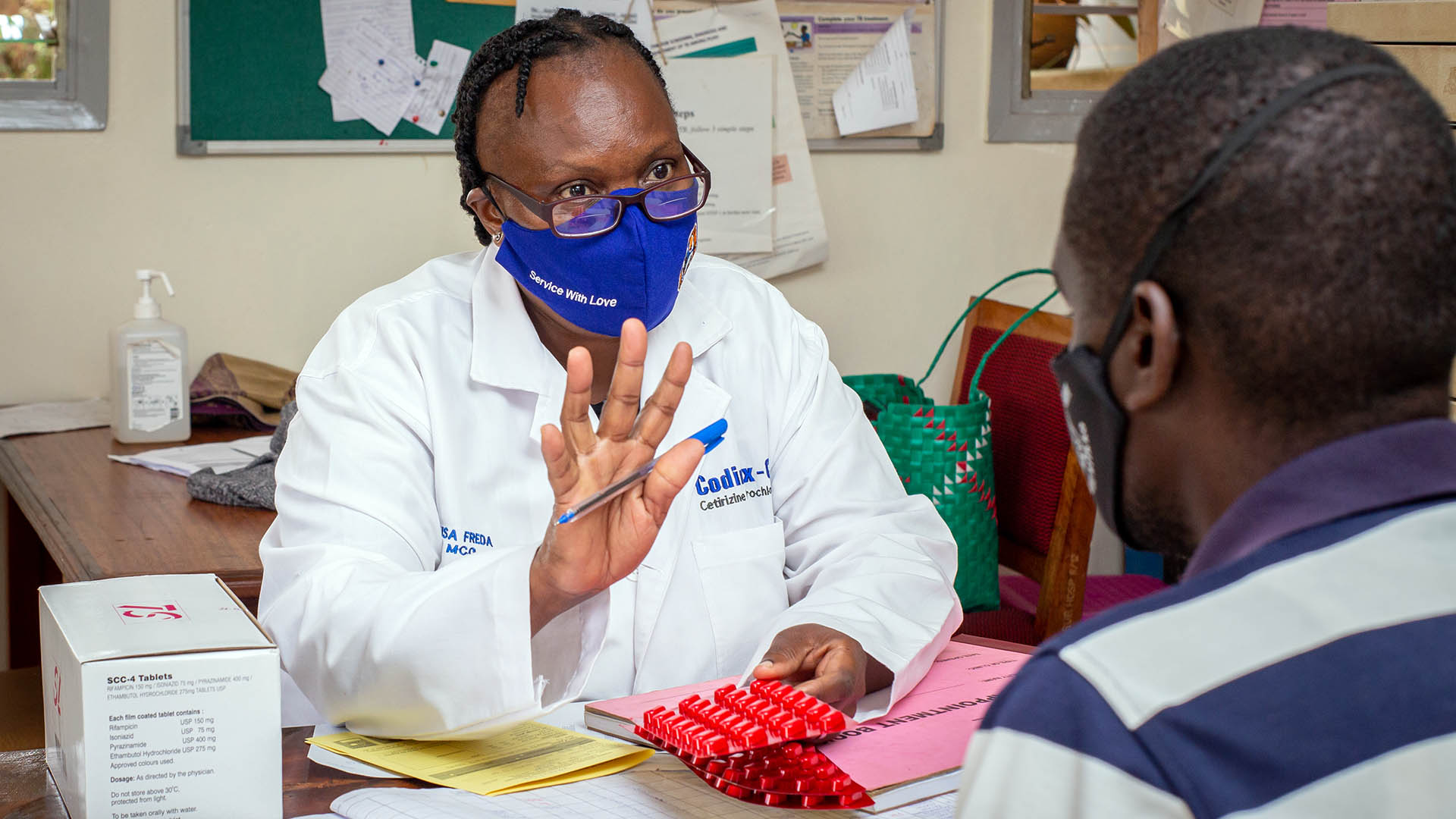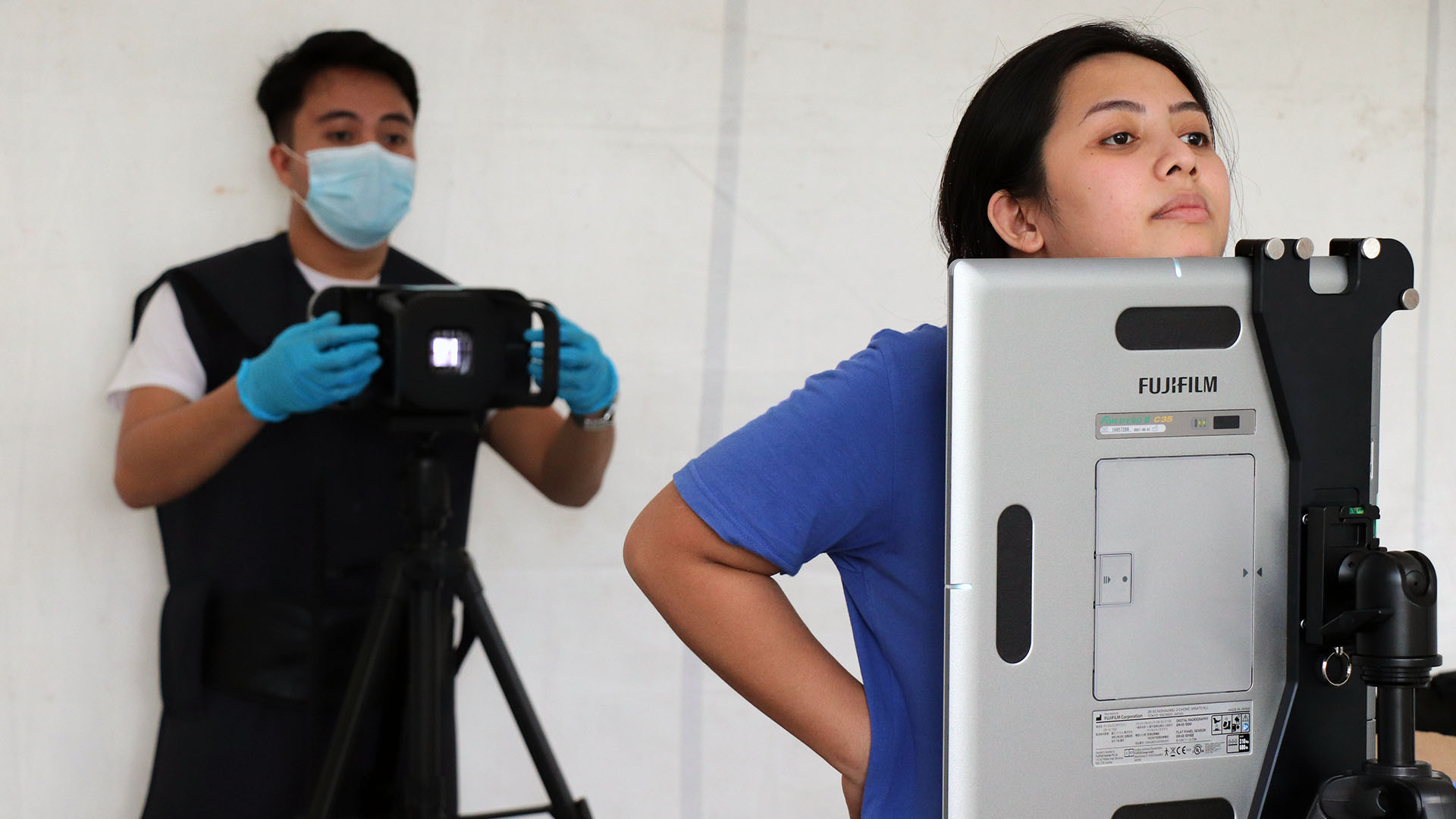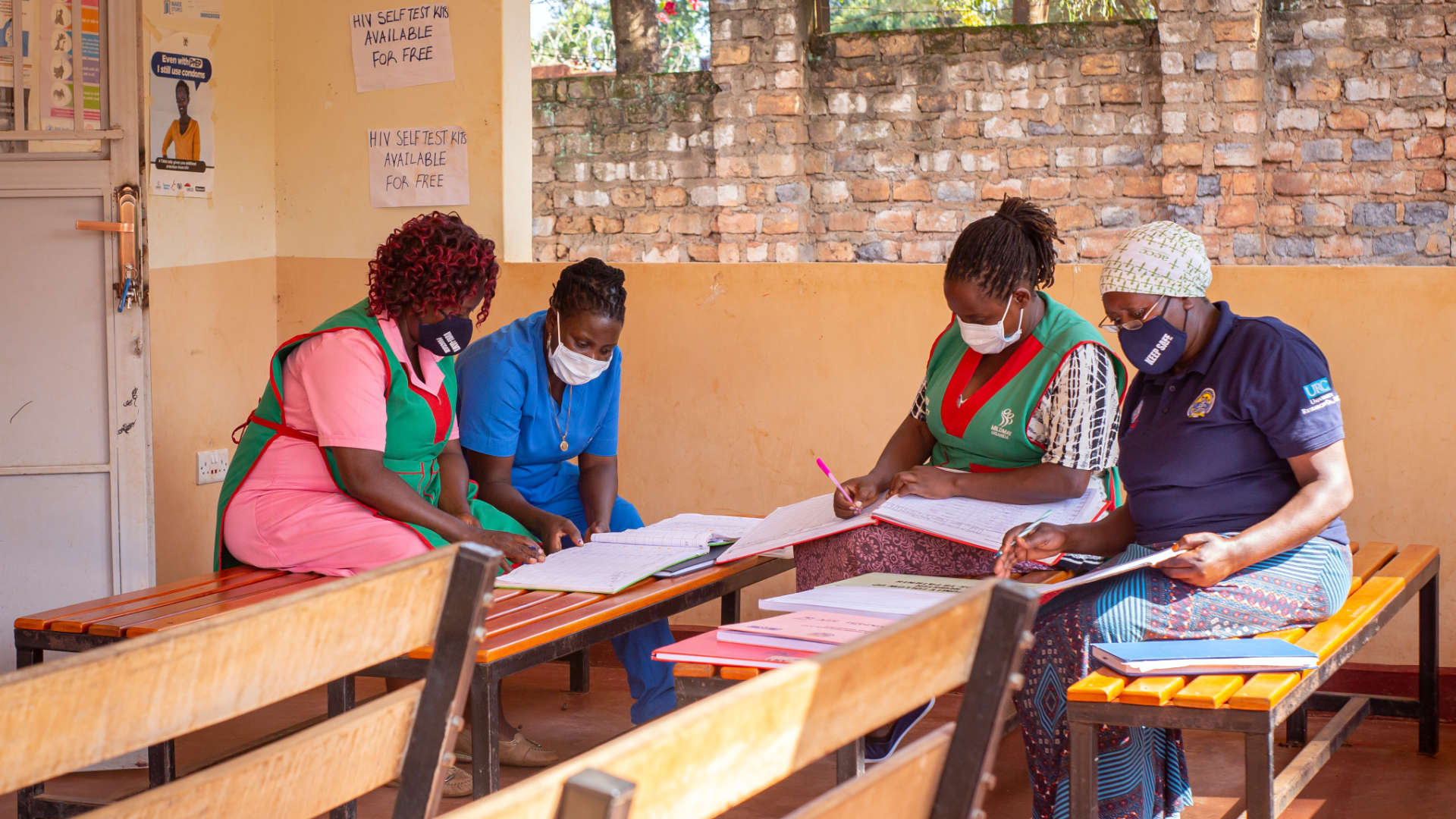In Uganda, as per National TB Prevalence Survey findings, urban areas have a higher burden of tuberculosis (TB) (504 per 100,000) than rural areas (370 per 100,000) and 37.3% of individuals with TB symptoms seek care from private health facilities. Given these findings, the USAID Defeat TB Project is working closely with the private sector, civil society organizations (CSOs), and community linkage facilitator volunteers to leave no stone unturned in identifying TB cases and assuring patients receive access to care and treatment.
How CSOs Are Engaging the Private Sector
Private health facilities are often closer to where patients reside than public facilities. By building partnerships with private facilities, USAID Defeat TB aims to maximize TB case detection in the three target districts of Wakiso, Kampala, and Mukono. The Project is working to:
- Identify and partner with high-volume private health facilities and those located in TB hot spots
- Reach out to private health facilities in the three districts explaining how CSO staff can work with them to provide quality TB services
- Train private facility staff on TB prevention, care, and treatment services, provide TB supplies, and institute sputum sample transportation services for delivery to testing centers
- Provide on-going supported supervision for private facilities to carry out TB services, disseminate educational materials, and conduct TB contact tracing
- Encourage facilities to integrate TB services with delivery of HIV counseling and testing and family planning services
- Maintain regular communications with the private facilities once partnerships are established through weekly phone calls, visits, and via WhatsApp groups
Challenges
Forging public-private partnerships for provision of TB care is not without challenges. For example:
- CSOs are unable to provide funding and human resource support to private health facilities. What they can provide are supplies for TB screening and technical support and capacity building for staff.
- Some private facilities charge patients for TB care and treatment. When patients are unable to pay, the CSOs can often refer patients to nearby private facilities that do not charge.
- Given the high attrition rate of staff in the facilities, CSOs can conduct frequent trainings to keep staff fully informed.
What Has Been Achieved
To date, USAID Defeat TB-supported CSOs have established functional partnerships with 114 private health facilities in the three target districts. The partnerships have led to the identification of TB cases that would have otherwise been missed. As a result of the CSO private health facility collaboration, a total of 33 patients with TB were detected between January and March 2019 alone. And there are now over 160 trained TB service providers closer to the populations they serve.



